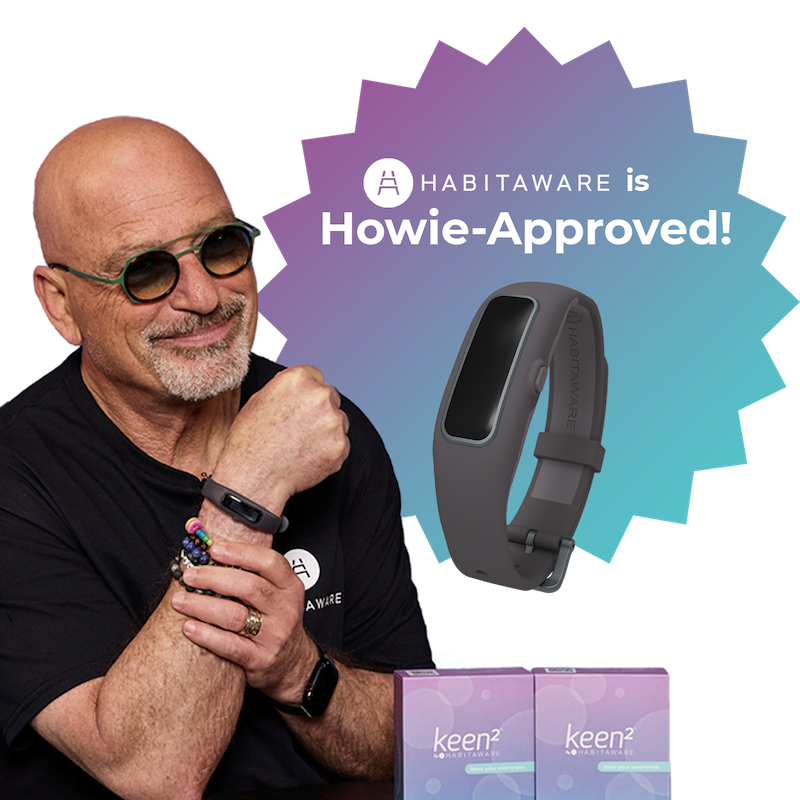University of South Florida Research Opportunity for Adults with Trichotillomania

A letter from the PHD student leading the study:
I am a Ph.D. student from the University of South Florida and I am conducting a study to learn how, for people who have trichotillomania, negative and positive self-statements impact a person’s emotions. My research for this study is guided by Dr. Raymond Miltenberger (University of South Florida). Please read the following to help you decide if you would like to meet with me, on a Zoom or Teams call, to learn about the details and decide if you are interested in the study. I will review a
study participation consent form, provide you with more information, and answers to any questions you may have.
Meeting with me does not mean you are obligated to participate. If you do decide to participate, you will be asked to verbally consent at this meeting. However, this verbal consent also does not obligate you. The decision is always yours if you want to start participation, or if you want to continue participating after you begin.
IRB Study #007380
Purpose: The purpose of the study is to learn how negative and positive self-statements impact a person’s emotions. As a participant, you will be assigned two conditions, consisting of positive self-statements and negative self-statements where you will be listening to your own negative
self-statements in the negative self-statement condition and your own positive self-statements in the positive self-statements condition. All sessions will be conducted over Microsoft Teams and will be audio and video recorded. Prior to listening to either your own positive or negative self- statements, the experimenter will ask you one question about your current emotional state. Then, the experimenter will begin the audio recording, turn the camera off, and step away from the computer for 15 minutes. During the 15 minutes, you will be cued three times to listen to the
recording and rate your emotional experience at that time. After 15 minutes, the experimenter will return, turn on the camera, and stop recording. The experimenter will proceed to answer any questions you have and schedule the next session.
• If you are not interested, there is no need to respond.
• If you are interested or would like more information, please e-mail showell4@usf.edu with your questions.
Utah State University Research Opportunity for Adults with Trichotillomania

Utah State University is conducting a psychotherapy study for Trichotillomania, involving a data- driven approach to tailor therapy to your individual needs. The study will involve completing daily assessments sent to your smart phone, followed by therapy tailored to individual habits.
Participants must be 18+, reside in Utah, and meet additional eligibility requirements.
Please see our website to learn more: https://www.utahact.com/trichotillomania.html
Complete the questionnaire to see if you qualify:
https://usu.co1.qualtrics.com/jfe/form/SV_42QLFnInoEmVFf8


